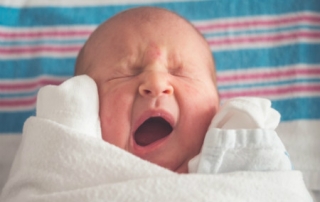Calcium Less Effective than SSRI for PMDD and Severe PMS
About 75% of women with regular menstrual cycles report unpleasant physical or psychological symptoms premenstrually. For the majority of women, these symptoms are mild and tolerable. However, some women have more severe and disabling symptoms, or premenstrual dysphoric disorder (PMDD). Several years ago, a large, multicenter trial of calcium supplementation found that calcium (600 mg twice a day) significantly reduced both the physical and emotional symptoms of PMS; however, it has not been clear whether calcium supplementation might be effective for more severe premenstrual symptoms or PMDD.










